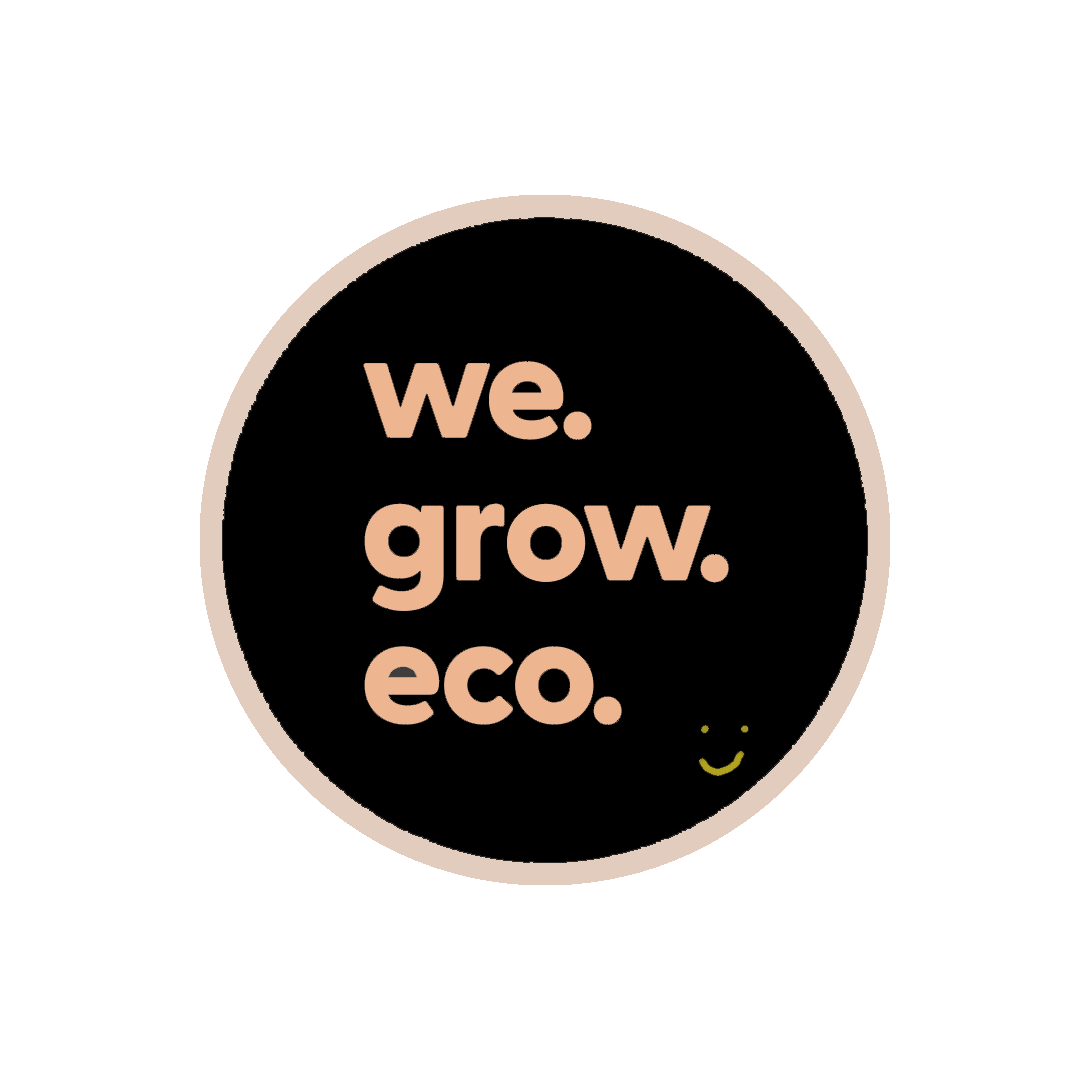
handmade paper & junk journals

workshops & education programs
as a part of our mission to reduce litter, we coordinate free, donation based monthly junk journal and paper making workshops for the public.
we also teach similar lessons to k-12th graders in classrooms and afterschool programs. these workshops and lessons create space for individuals to express themselves artistically and rediscover their relationship with trash.

we are transforming paper waste into something incredible.
did you know :
• pulp and paper is the 3rd largest industrial polluter of air, water and soil.
• chlorine-based bleaches are used during production which results in toxic materials being released into our water, air and soil.
• when paper rots, it emits methane gas which is 25 times more toxic than CO2.

junk journals
thank you so much for supporting we.grow.eco. our hand-made journals are made from 100% upcycled materials. each one is unique & made with care. each junk journal diverts roughly 50 sheets of paper from the waste system.

handmade recycled paper
we.grow.eco is approaching the environmental issue of excess waste in partnership with The City of Santa Fe.
with shredded paper donated by the city, we make 100% handmade paper and journals from upcycled materials to help fundraise and connect with the community.


paper stats
each of our events and collaborations are connected with our civilian science projects. from junk journal workshops to community cleans we hope to exemplify the power of small, organized and well communicated actions.
junk journals made
361
handmade paper made
5,740
slices of paper saved
28,100
paper made with students
573
slices of paper saved with students
2.986
junk journals made with students
96
together our programs create an emergent series of unified and art-centered environmental actions that bring our community immeasurable qualities such as hope and trust.
these projects also provide qualitative feedback as we build a global dataset of litter that can be used to address a primary root of our environmental crisis: our over-reliance on single-use plastic and the habits in how we choose to consume.










